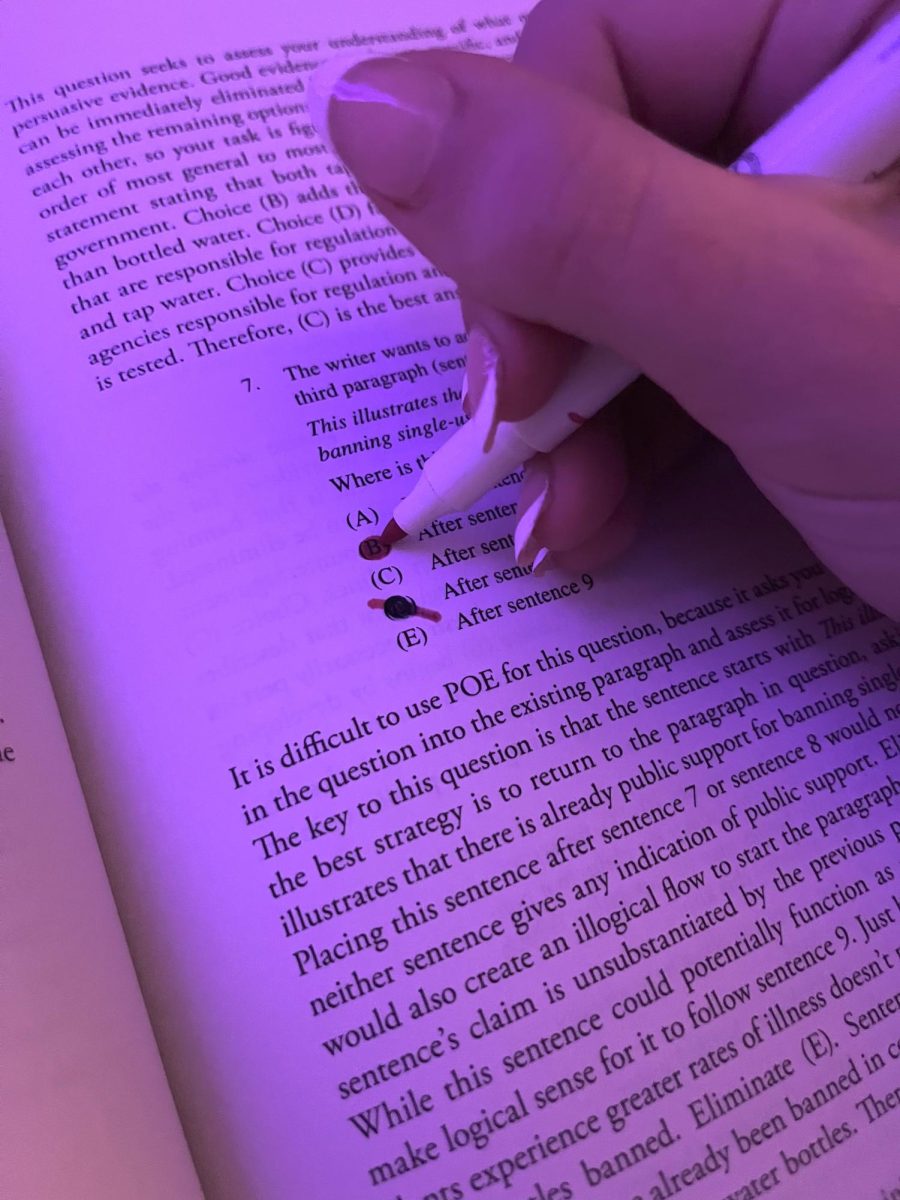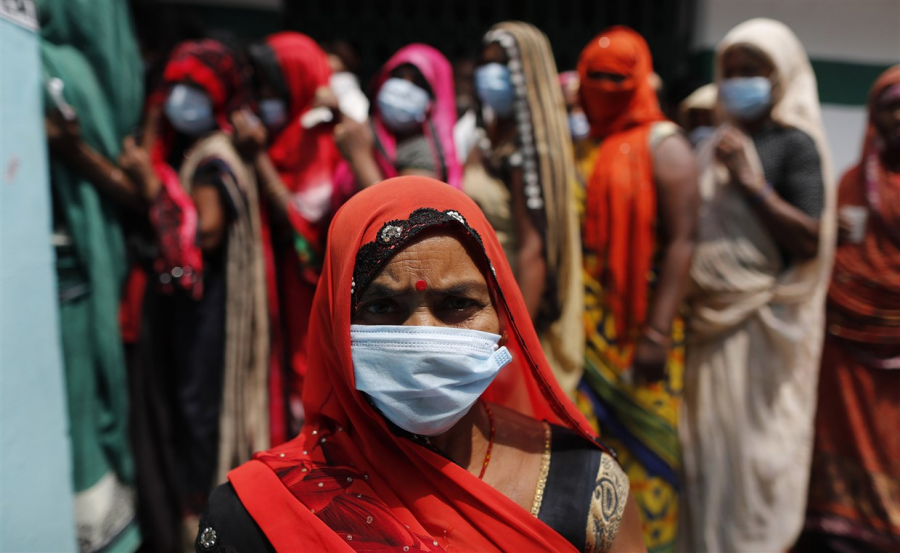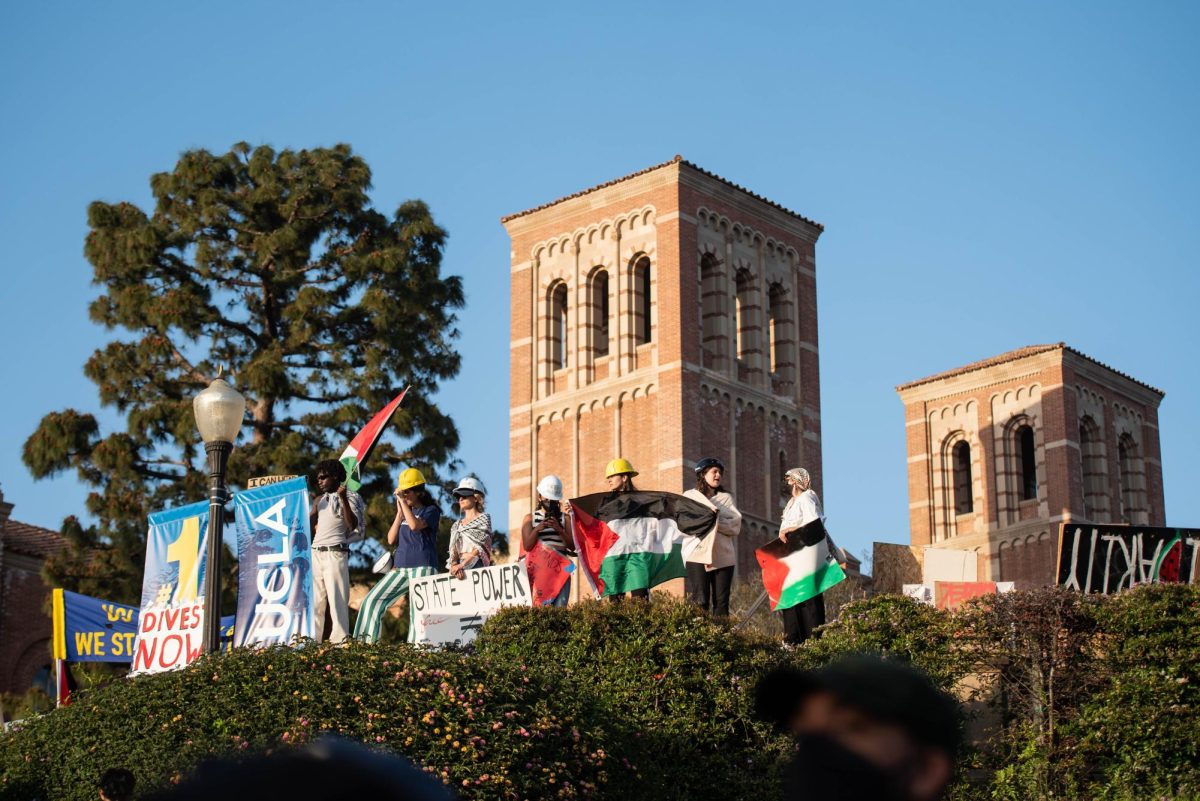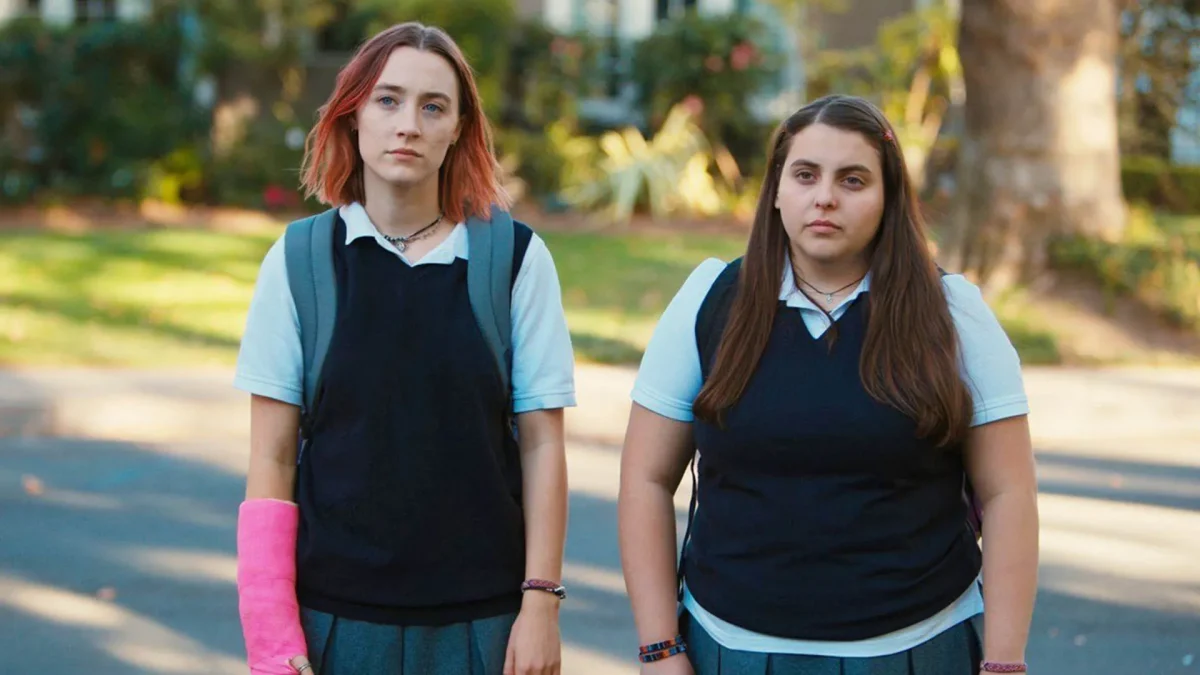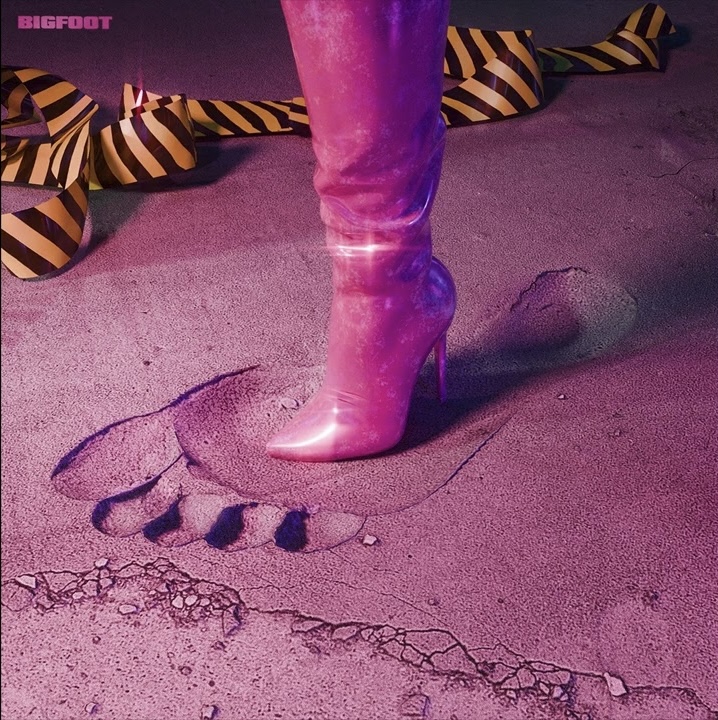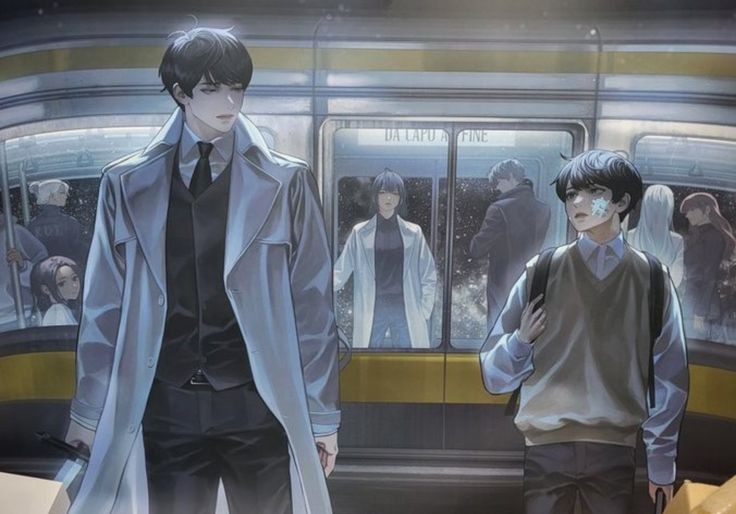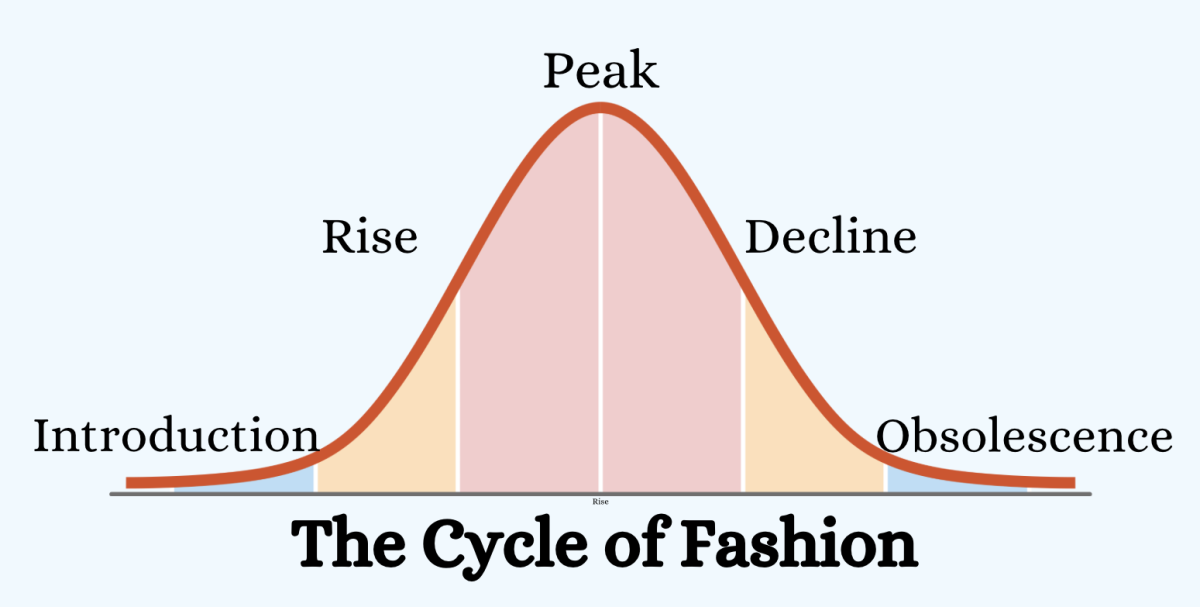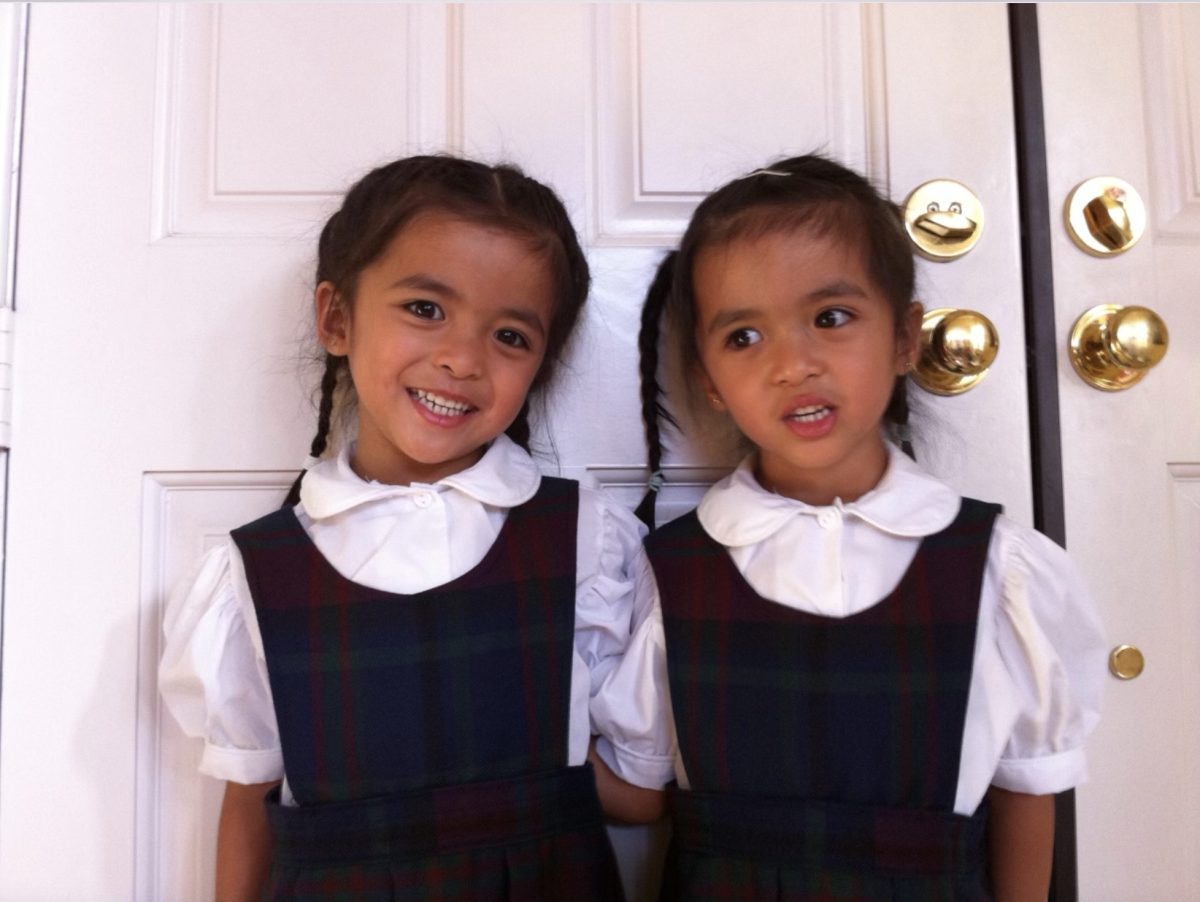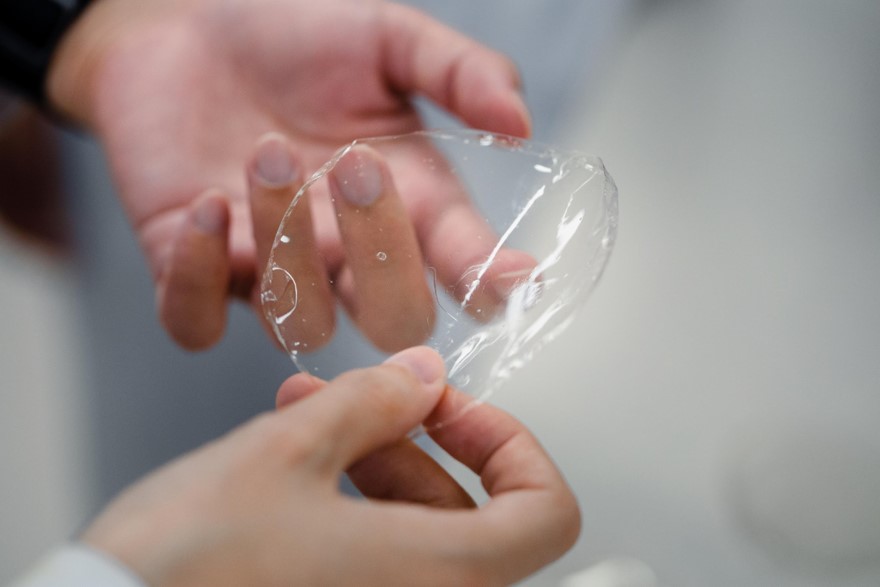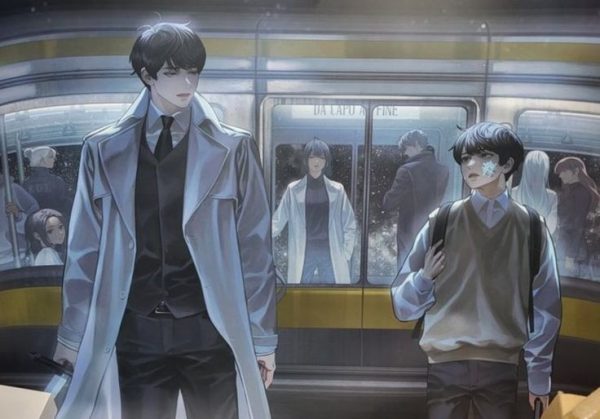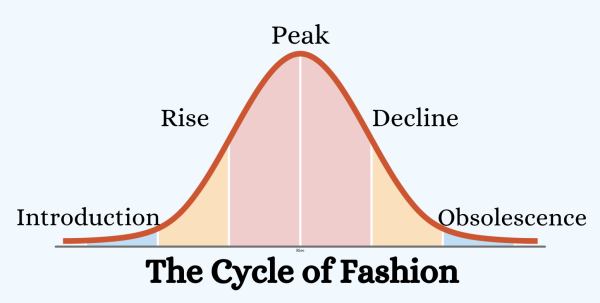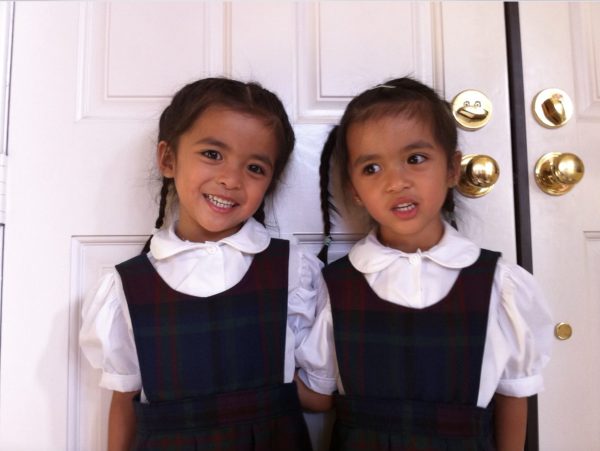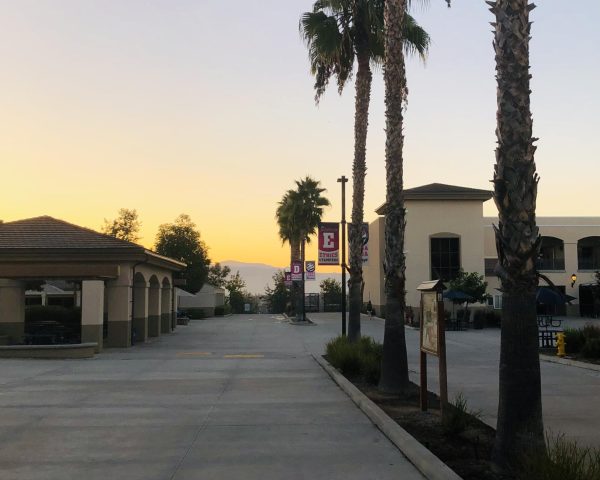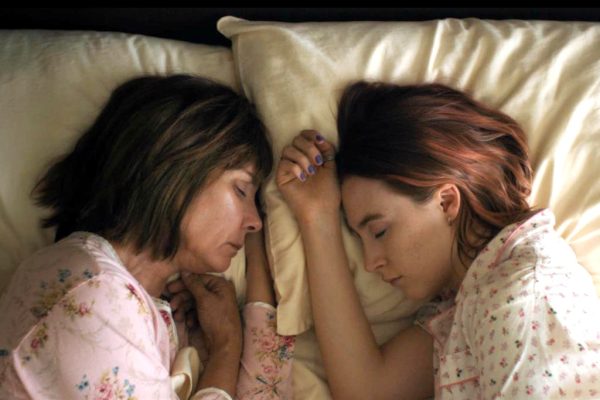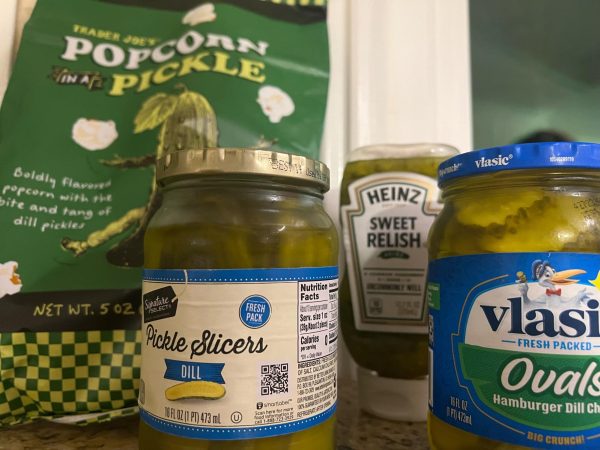Why We Are More Than America’s Next Favorite Tragedy

We are more than the tragic children that society seems to think we are.
June 4, 2020
It is no small fact that nearly everyone loves a good tragedy. News outlets know that tragedy creates interesting stories; this interest, in turn, allows the stories to spread quickly throughout the public. Amidst the tragedy that is the coronavirus, a new tragedy appears as graduation comes ever-closer: the graduating class of 2020.
Celebrities, close ones, and news outlets alike seem to love offering the class of 2020 encouraging words during these hard times. They feel sorry that we are missing all of our senior activities, our lasts, our precious time and memories. For a while, their words of encouragement were uplifting.
Now, it feels overdone. Yes, it is difficult, knowing that our senior year ends in social isolation, and yes, we appreciate their sentiments. But these messages have been circulating throughout our media ever since we learned that we were not returning to school. At this point, what once consisted of heartfelt messages now feels more like an attempt to fulfill expectations, or a ploy for attention or a good reputation.
In fact, some of the apologetic statements can actually be detrimental to us. Some of us are just trying to move on, to look towards the future; we do not need the constant reminders of all that our senior year could have been. Internally, we all know that no amount of pity or apologetic thoughts can give us back the time and activities that we lost. It is important to accept what happened and move on.
The class of 2020 is no stranger to tragedy. From the moment we were born, we entered the world in the wake of the 9/11 attacks, where the world began to change. Before we left our teens, we have already lived through tragedies including school shootings, an outbreak of swine flu, and the start of the climate change crisis (today.com). So why do people care so much about us now, even though there’s plenty of other groups, such as the homeless, who need attention and care during this crisis?
The answer is simple: we do not truly matter.
Giving us the pity that people think we need allows them to feel good. On the outside, they look like they’re being compassionate, caring, inspirational. Nearly everyone wants to have a good reputation, and helping others is a prime way to do it.
However, people often want to feel this way by doing as little work as possible. Giving this attention to the homeless might create drastic change in society, while giving attention to us changes nothing. Our ages give us the perfect combination of size, as we are large enough to make an impact, and insignificance, as our loss will not truly impact society in any way.
Though we appreciate the sentiments, from the encouraging words to the attempts of comfort, we do not truly need it. Give those sentiments to those who truly need the attention and support during this time, such as the homeless or the unemployed. We’re stronger than people think we are; we were born in the aftermath of one of the nation’s most impactful tragedies, and now we’re graduating in the wake of a tragedy that will likely change the world itself.




